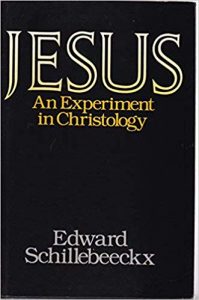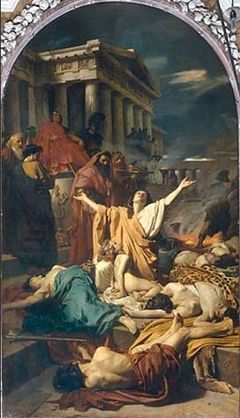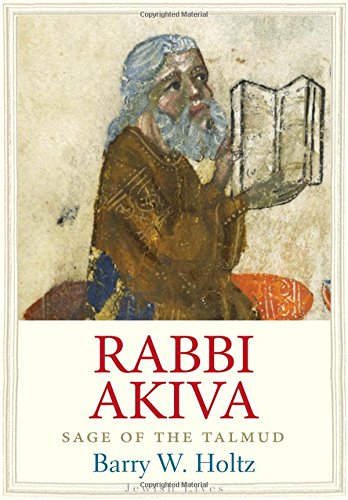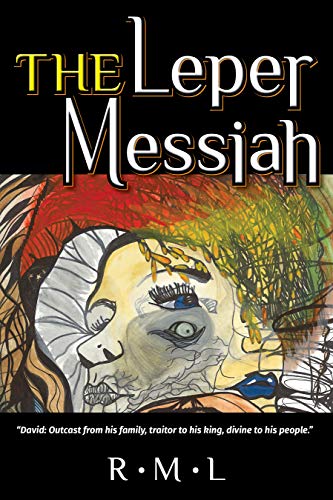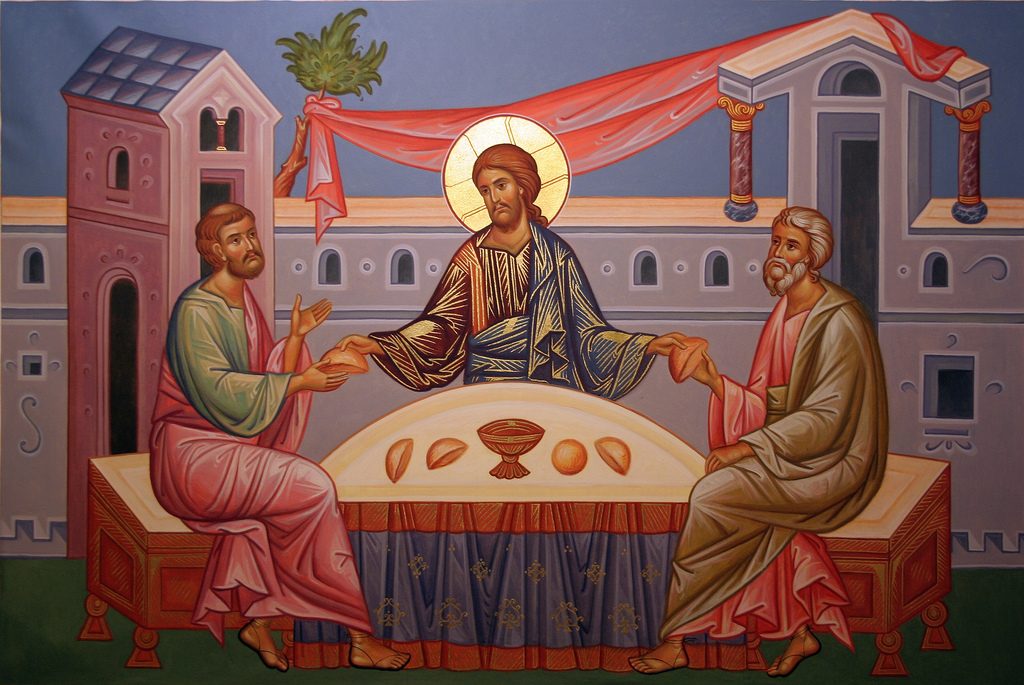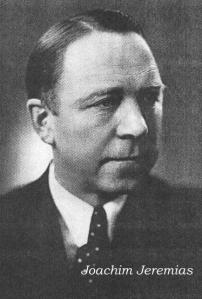Jonathan Bernier has posted “three basic means by which to date a biblical text” which I think are reasonably useful but can be improved upon. His focus is primarily on the New Testament chronology.
Bernier calls his first tool “synchronization” and it’s pretty basic. If a text declares that the Temple of Jerusalem was destroyed in by Titus then obviously the text dates some time after that event. Of if the Gospel of Matthew appears to have used the Gospel of Mark then obviously GMatthew was later than GMark. (The trick here, of course, is being able to produce a convincing argument that the borrowing definitely was from Mark to Matthew and not the other way around.) And so forth.
His second tool is what he calls “authorial biography”. This device “uses what is known about the author(s) independent of the text in order to determine when she or he wrote.” Bernier says this method is “most usable in regard to the Pauline corpus, due to the existence of Acts.” Scholars are certainly on solid ground here if they can be sure they can trust Acts to provide a reliable biography and chronology of Paul. Other scholars who approach Acts with a view to understanding the character of its narrative content by means of literary criticism and comparative literary studies, and by means of determining what period of church history the theological themes most neatly synchronize with, may have doubts that Acts is so useful. Bernier acknowledges that biographical data for most authors of the NT is woefully inadequate but a critical approach must also leave a question mark over Paul’s corpus. We know that the NT contains many letters falsely attributed to Paul and I suppose we must have faith that the circular arguments we use to establish the genuine epistles are reliable. Maybe it doesn’t really matter and the only important thing is that we know what early church writers believed to be genuine.
The third method is called “contextualization”. Here is where I think Bernier and other scholars could find a little room to refine their methods of dating. Bernier explains contextualization: “contextualization uses what is otherwise known about the development of early Christianity in order to determine when a text most likely originated.”
The first question that comes to my mind is this: What sources are used to devise a model of early Christianity’s development? The answer, I have to presume, are primarily the New Testament documents. So my second question then becomes: How do we date these NT documents? And squeezed into that question come a few others: how do we establish the authorship, provenance, and literary function of those documents as historical sources?
Bernier offers a “sterling example” of dating by “contextualization”. It is James Crossley’s justification for dating the Gospel of Mark to the mid to late 30s (sic) CE. To arrive at this date for the Gospel of Mark Crossley has not begun with a literary analysis of the gospel in order to determine the function of its narrative details by means of comparison with other literature of the general period (let’s say from 30 CE to 130 CE when we first meet an apparent independently claimed awareness of the existence of the gospel). This period was rich in Greco-Roman (and Jewish) authors developing new genres by mixing and matching existing forms, and the Gospel of Mark is certainly one such innovation that was imitated and emulated by others. Instead, Crossley treats the narrative as so much dirt and rubble that needs to be cleared aside, or a window that needs to be looked through, in order to discover “the real Jesus” behind it all. Or maybe those are not quite apt analogies (though they are used by some New Testament scholars to explain their historical methods). Maybe the text of Mark is read and interpreted in a way “as if it were written before” Christians in Mark’s circle were confronted with disputes over the Jewish law.
Such a method is potentially useful but its conclusion (in this case a date as early as the mid 30s) needs to be proposed as a hypothesis and tested rigorously before it can be allowed to decide the date of the gospel. Otherwise, surely, we are guilty of dating Mark by means of a single criterion and by circular reasoning to boot.
Some tests that need to be applied in this case:
What would we expect to find in Paul’s letters if Paul were indeed influenced by the Gospel of Mark (as Crossley proposes)?
What else would we expect to find in the Gospel of Mark itself if it were indeed written so early? Compare the ways ancient biographies and histories were written back then. Their references to sources, efforts to persuade readers of the value of their work, etc.
What would such an early date imply for other questions related to the “synoptic problem”, Q, the ways later authors ignored or changed it, etc? How do our expectations or predictions pan out in the evidence?
What would such an early date imply for the subsequent history of the work, its acceptance, its authority, etc and how do our answers fit with the known history (or lack of known history)?
If it is true that early readers (as Crossley concedes) saw the potential for Mark’s gospel narrative to be interpreted as presenting a Jesus who did not conform to Jewish laws, then how do we justify our and their respective interpretations?
Are their simpler hypotheses (those with fewer constituent hypothetical entities) to explain another date range for the gospel?
So when it comes to “contextualization”, I think the method can have value if we broaden our range of evidence and data to study and not confine ourselves to but one interpretation that requires many other sub-hypotheses (sometimes called ad hoc rationalizations) to justify.
Or we can read a much simpler set of guidelines set out by a scholar specializing in Old Testament. I think his rules of thumb work equally well for the NT: Scientific and Unscientific Dating of the Gospels.

